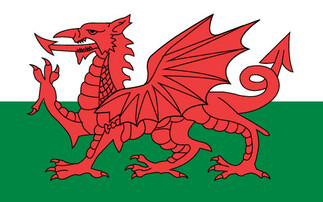Banking Code 2008 says consumers must have reasonable security measures in place
Security experts have warned that new banking rules could mean liability for online fraud losses falls on customers rather than the banks. The Banking Code 2008, launched at the end of March b...
To continue reading this article...
Join Computing
- Unlimited access to real-time news, analysis and opinion from the technology industry
- Receive important and breaking news in our daily newsletter
- Be the first to hear about our events and awards programmes
- Join live member only interviews with IT leaders at the ‘IT Lounge’; your chance to ask your burning tech questions and have them answered
- Access to the Computing Delta hub providing market intelligence and research
- Receive our members-only newsletter with exclusive opinion pieces from senior IT Leaders

















